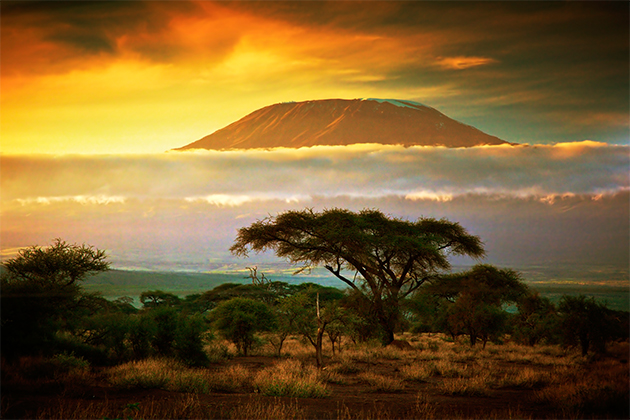Applying What You Learn

In his message to the students in the College of Arts and Sciences, Dean Boocker explains the importance of "making knowledge matter." We believe that means helping you develop useful, real-world skills alongside the sense of fulfillment and enrichment that studying Geography can provide.
We also believe in making you aware of the knowledge and skills you're developing along the way, so that you can capitalize on your strengths in the marketplace, graduate school and in life.
Knowledge & Skills Gained as a Geography Major:
Knowledge:
- Understand how human activities, landscapes, and other physical, biological, and cultural phenomena vary across space, and the factors that influence these patterns.
- Geography graduates understand the relationships between society and the environment; both how people affect natural systems (and how natural systems affect people).
- Awareness of the causes and implications of an increasingly connected world and how geography and geopolitics are related to domestic and foreign policy decision
Skills:
- Creative problem-solving, able to communicate with a diverse audience and apply practical analytical and technical skills in a diversity of settings
- Ability to read, analyze, and construct maps for a variety of purposes and audiences. Use geographic information systems software and other applications to display and analyze spatial data
- Use geographic techniques and perspectives to address a variety of contemporary issues such as demographic changes, economic inequality, environmental justice, urbanization, and more
- Understand and appreciate the value of different cultures and perspectives.